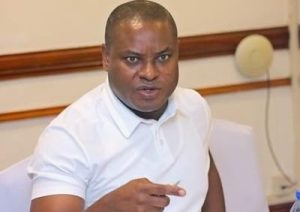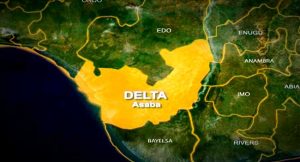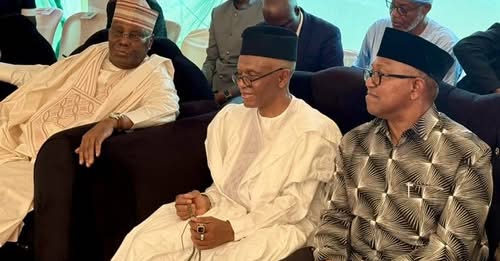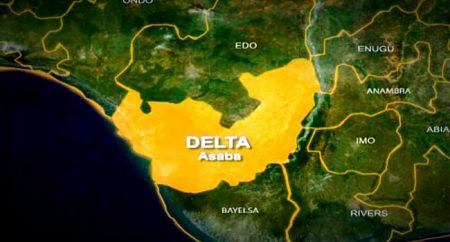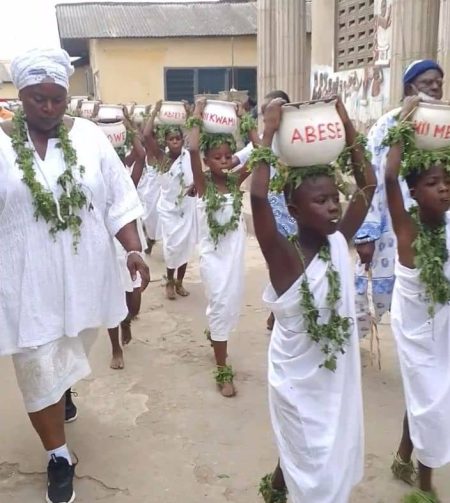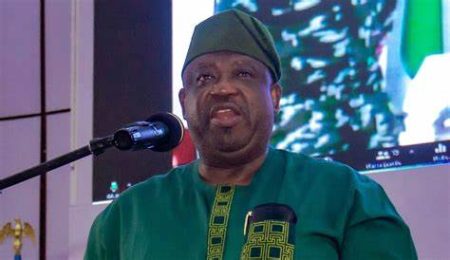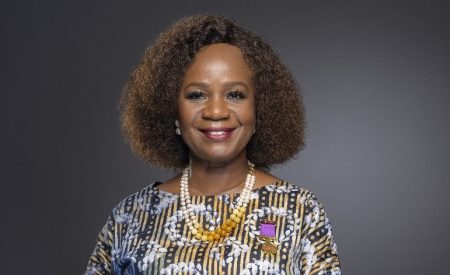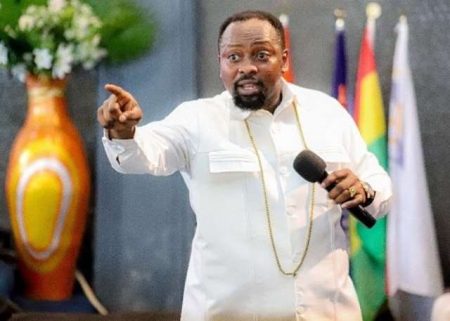The passing of former Nigerian President Muhammadu Buhari prompted a significant national outpouring of grief and respect, culminating in a three-day Fidau prayer ceremony held at his residence in Daura, Katsina State. The event drew a diverse array of prominent figures from across the country’s political, religious, and traditional leadership spheres. High-ranking government officials, including Vice President Kashim Shettima representing President Bola Tinubu, former Vice President Atiku Abubakar, and former presidential candidate Peter Obi, paid their respects. Governors from several states, including the host Governor Dikko Radda of Katsina State and Governor Babagana Zulum of Borno State, were also present. The gathering underscored the late President’s influence and the widespread recognition of his contributions to the nation. Religious leaders, led by the Sarkin Malamai of Daura, offered prayers for the repose of Buhari’s soul, a central element of the Islamic funeral rites.
The Fidau provided a platform for reflections on Buhari’s life and legacy. Vice President Shettima shared a personal anecdote about a confidential mission President Tinubu entrusted him with during Buhari’s medical treatment in London, highlighting the close relationship between the two leaders. While the details of the mission remained undisclosed, Shettima’s account emphasized the trust and respect Buhari commanded. Shettima also characterized Buhari’s death as a national loss and urged attendees to contemplate the transient nature of life. Governor Radda, in his remarks, underscored the personal loss felt by the people of Katsina State, describing Buhari as a father and guide. He emphasized Buhari’s commitment to his principles, urging leaders to emulate his example of piety, justice, and patriotism.
The presence of numerous former ministers and high-ranking officials further attested to the breadth of Buhari’s impact. Former Ministers of Foreign Affairs, Housing and Urban Development, Aviation, Justice, and the Federal Capital Territory were among those who gathered to honor their former leader. Military figures like former Chief of Army Staff, Tukur Buratai, and the chairman of the National Drug Law Enforcement Agency, Brig Gen Buba Marwa (retd), also attended, representing the respect Buhari commanded within the military establishment. The attendance of traditional rulers, including the Emir of Daura and the Emir of Potiskum, highlighted Buhari’s standing within traditional power structures, further emphasizing the national scope of his influence.
Beyond the immediate circle of government and the military, the Fidau attracted a diverse array of influential figures. Senator Abdulaziz Yar’Adua, Senator Sani Zangon Daura, and former Director General of the National Intelligence Agency, Ahmed Rufai, were among those present. Former Minister of Communications, Prof Isa Pantami, led additional prayers for the late President. Governor Ahmadu Fintiri of Adamawa State also traveled to Daura to express his condolences, highlighting the respect Buhari garnered across state lines. Fintiri praised Buhari’s patriotism, transparency, and trustworthiness, further emphasizing the virtues commonly associated with the former president’s public image.
Senate President Godswill Akpabio led a delegation from the National Assembly to Daura, despite encountering travel difficulties due to airport closure, underscoring their commitment to honoring the late president. Akpabio lauded Buhari’s patriotism, integrity, and service to Nigeria in both military and civilian capacities. He also shared a personal anecdote about the establishment of the Faculty of Law at Federal University, Dutsin-Ma, revealing Buhari’s humility in declining to have the faculty named after him and instead suggesting Akpabio’s name. This further reinforced the image of Buhari as a modest and principled leader. Governor Radda reiterated his close relationship with Buhari, highlighting the former president’s emphasis on fearing God, leading with justice, and loving Nigeria.
The three-day Fidau for former President Muhammadu Buhari served not just as a period of mourning but also as a national reflection on his life and times. The event brought together a remarkable cross-section of Nigerian society, reflecting the wide reach of his influence. From political rivals to close confidantes, from religious leaders to traditional rulers, the attendees represented the various facets of a nation united in paying respects to a leader who left an indelible mark on Nigeria’s history. The shared memories and tributes offered during the Fidau painted a picture of a man respected for his discipline, integrity, and commitment to his country, solidifying his legacy in the national consciousness.


